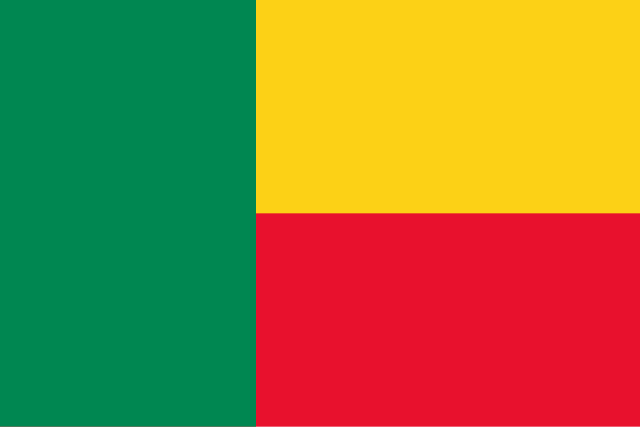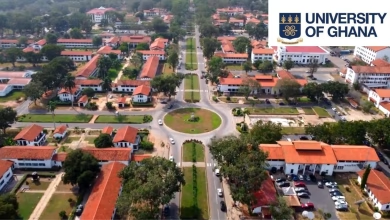On August 12, 1960, the West African country of Dahomey, now known as Benin, made a historic leap toward sovereignty by declaring its independence from French colonial rule.
This momentous event marked the beginning of a new chapter in the nation’s history and was a significant milestone in the broader wave of African decolonization.
At the stroke of midnight on August 12, the Republic of Dahomey emerged as an independent nation following the ratification of its independence by the French Parliament.
This transition was the culmination of years of nationalist movements and political advocacy, driven by the desire of the Dahomean people to govern themselves and reclaim their autonomy.
The declaration of independence was a moment of great celebration and national pride. It symbolized the end of over 70 years of French colonial control and the start of a new era for the people of Dahomey.
The first President of the Republic, Hubert Maga, took office, marking the beginning of a new political era focused on nation-building and self-determination.
In 1975, the country was renamed Benin, inspired by the historical Kingdom of Benin, which once thrived in the region. The name change was part of a broader effort to reflect the nation’s cultural heritage and historical roots.
Today, August 12 is remembered in Benin as a day of national pride and reflection.
It serves as a reminder of the country’s journey towards independence and its ongoing efforts to strengthen its identity and sovereignty.
The celebration of this day honors the resilience and determination of the Beninese people and their enduring spirit of self-governance.




